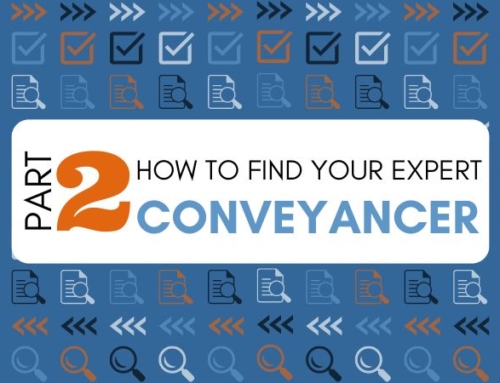April is always an important month for employment law and this year was no exception. Here we outline the new regulations introduced this year as well as other recent important changes:
- National Minimum Wage – Effective from 6th April, the National Minimum Wage increased as follows:
- For workers aged 25 and over: £7.50/hr (from £7.20)
- For workers aged 21-24: £7.05/hr (from £6.95)
- For workers aged 18-20: £5.60/hr (from £5.55)
- For workers aged under 18 but above the compulsory school age who are not apprentices: £4.05/hr (from £4.00)
- For apprentices*: £3.50/hr (from £3.40)
* – The apprentice rate is for apprentices aged 16 to 18 and those aged 19 or over who are in their first year. All other apprentices are entitled to the National Minimum Wage applicable to their age.
- Statutory Family-Related Pay – The weekly rate of statutory maternity, paternity, adoption and shared parental pay increased to £140.98 for pay weeks commencing on or after 2 April 2017.
- Statutory Sick Pay – Effective from 6th April the weekly rate of statutory sick pay increased to £89.35 from £88.45.
- Statutory Redundancy Pay – From April 2017, weekly pay for the purpose of redundancy pay calculations will now be capped at £489, increasing from £479.
- Gender Pay Gap Reporting – Employers with 250 or more employees are now required to compile annual reports disclosing data about their gender pay gap, including bonus payments. They will also have to report on the proportion of male and female employees in different pay quartiles and those who receive bonuses.
- Apprenticeship Levy – The Levy was introduced on 6 April 2017 and requires employers in England with an annual pay bill in excess of £3 million to pay 0.5% of their wage bill towards funding new apprenticeships. The levy is paid via PAYE and each employer will receive an allowance of £15,000 to offset against their payment.
- Immigration Skills Charge – Employers that sponsor skilled workers under tier 2 of the immigration points-based system will now have to pay a levy of £1,000 per certificate of sponsorship per year (£364 for small employers and charities). According to a Home Office statement, the charge has been rolled out with a view to “incentivising employers to invest in training British staff”.
- Tax advantages of salary-sacrifice arrangements are now more limited – from 5 April 2017, new schemes involving many types of salary sacrifice arrangements will not give tax and NIC advantages. There are still several exceptions for “good” schemes such as pension contributions, childcare, cycle to work and ultra-low emission vehicles. Generally, arrangements already in place at 5 April 2017 are protected until April 2018 and for cars, vans, fuel, living accommodation and school fees until April 2021.
- Pensions Advice Allowance – members of defined-contribution and hybrid pension schemes are now allowed to take a tax-free amount of £500 from their scheme, to be redeemed against the cost of financial advice.
For more information on any of the points mentioned above please call 01245 893400 and speak to a member of our specialist employment law team.
The Backhouse Team
Tel: 01245 893400
Email: info@backhouse-solicitors.co.uk
Web: www.backhouse-solicitors.co.uk
Or visit our offices at 17 Duke Street, Chelmsford, CM1 1JU





